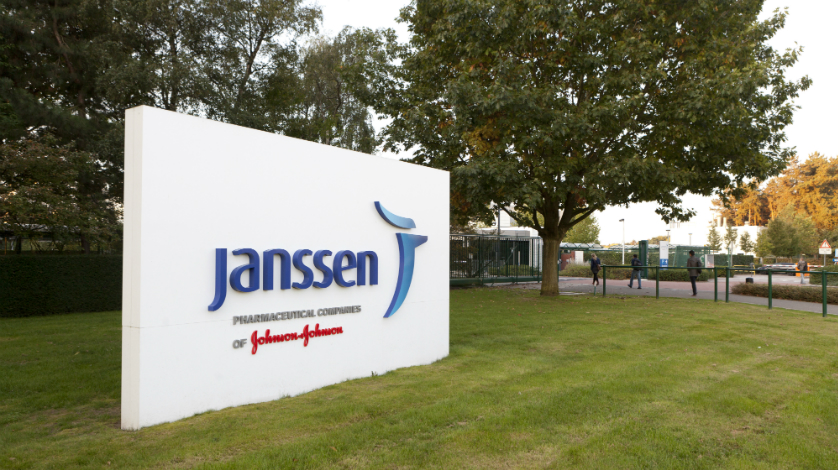New data sets up potential new gastro use for J&J's Stelara

Janssen’s Stelara has shown positive results in an ulcerative colitis (UC) trial, setting up a potential new indication for the inflammatory diseases drug.
Stelara is already approved in psoriasis indications and Crohn's disease, and now the phase 3 UNIFI trial showed that adults treated with a single intravenous dose of Stelara experienced a clinical remission in symptoms of moderate to severe UC.
The drug is competing in a tough market for psoriasis drugs, where Novartis' Cosentyx (secukinumab) is blazing a trail.
Johnson & Johnson's unit will hope to build sales with a new indication, although it did not reveal any immediate plans to file Stelara in UC based on the late-breaking data revealed at the American College of Gastroenterology (ACG) meeting.
After eight weeks of treatment, 15.6% of patients receiving a 130 mg dose of ustekinumab and 15.5% of patients receiving ~6 mg/kg ustekinumab achieved clinical remission, compared with 5.3% of patients receiving a placebo.
More than one-quarter (26.3%) of patients given the drug reported endoscopic healing compared with the placebo dose, of whom 13.8% had the positive effects.
Endoscopic healing was defined as a Mayo endoscopy subscore of 0 (normal mucosa or inactive disease) or 1 (mild disease activity).
UC and Crohn’s disease – known as Inflammatory Bowel Disease (IBD) affects more than five million people worldwide. The NHS estimates that around one in every 420 people living in the UK has ulcerative colitis – approximately 146,000 people.
It is a chronic disease that causes the colon and the rectum to become inflamed. Small ulcers develop on the colon lining, and these can bleed and produce pus.
This is the result of an abnormal response by the body’s immune system. Symptoms include loose and more urgent bowel movements, persistent diarrhoea, abdominal pain, bloody stool, loss of appetite, weight loss and fatigue.
A statement issued by the research team, said: “Ulcerative colitis is a complex immune disease, and more than half of patients with ulcerative colitis have not experienced remission with currently available conventional or biologic treatment options.
“The significant rates of remission observed in this refractory population through the eight-week induction, coupled with a safety profile that is well-documented through years of research and use in other immune diseases, demonstrate the potential for ustekinumab as an effective treatment for ulcerative colitis.”
Ustekinumab is the first and only biologic to target interleukin (IL)-12 and IL-23 cytokines, which are believed to play a role in immune-mediated diseases, such as ulcerative colitis, according to Dr Philippe Szapary, vice president, clinical development, Janssen Research & Development.
He added: “These induction data from the phase 3 UNIFI study underscore the potential for this unique pathway in the treatment of ulcerative colitis, which may lead to a new effective and safe treatment option for ulcerative colitis patients in the future.”











